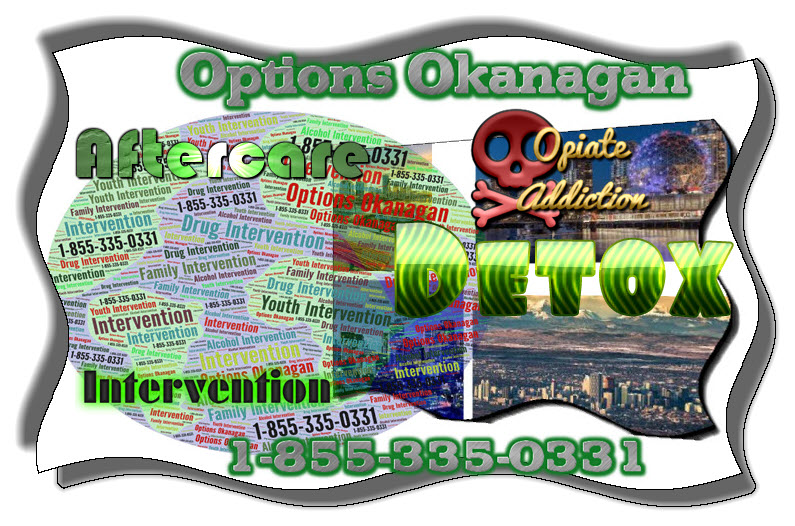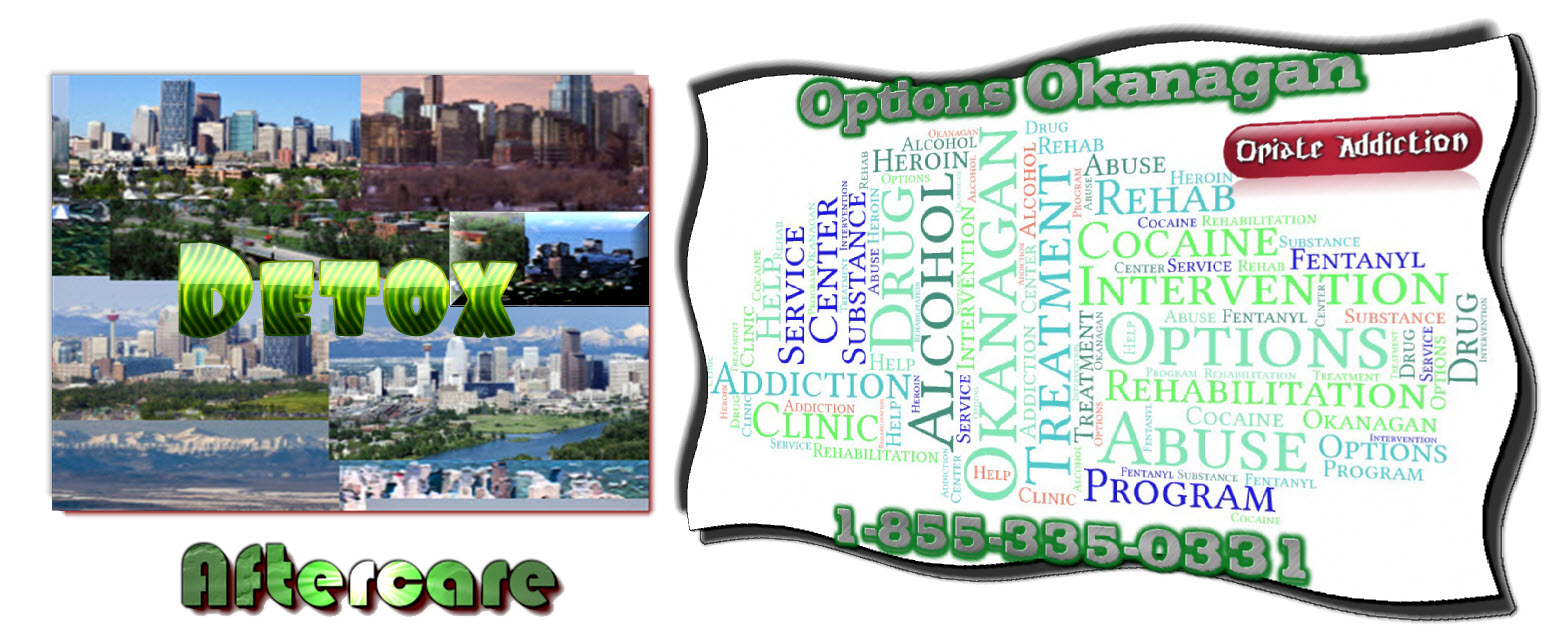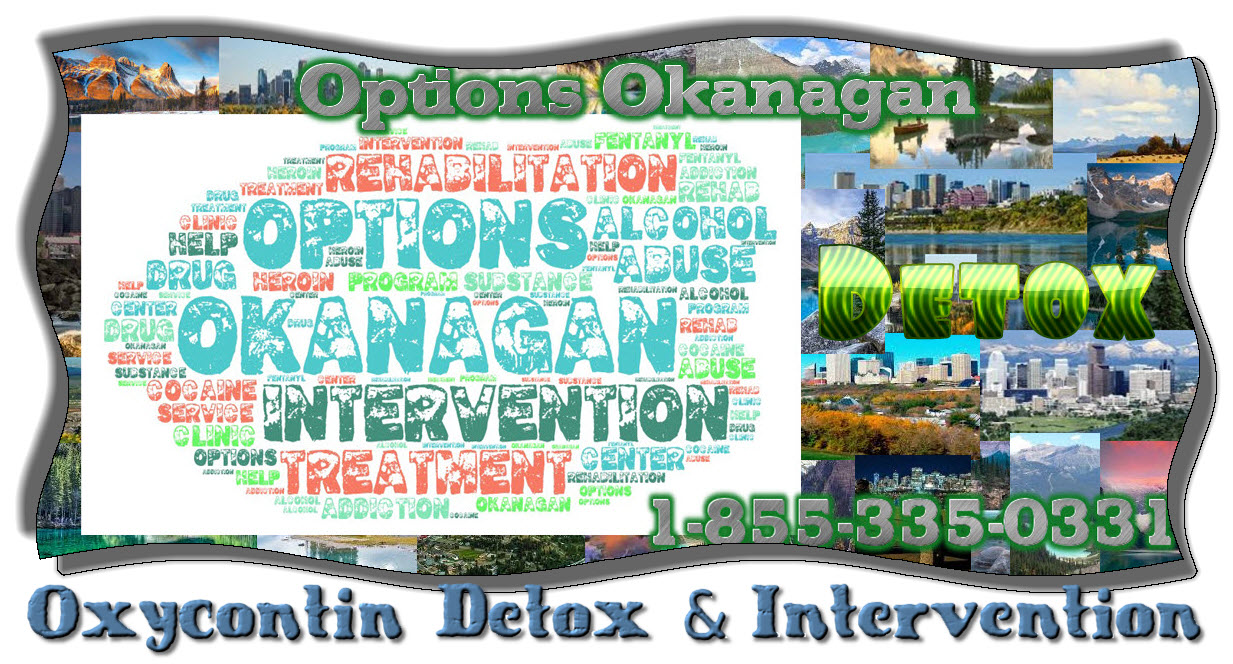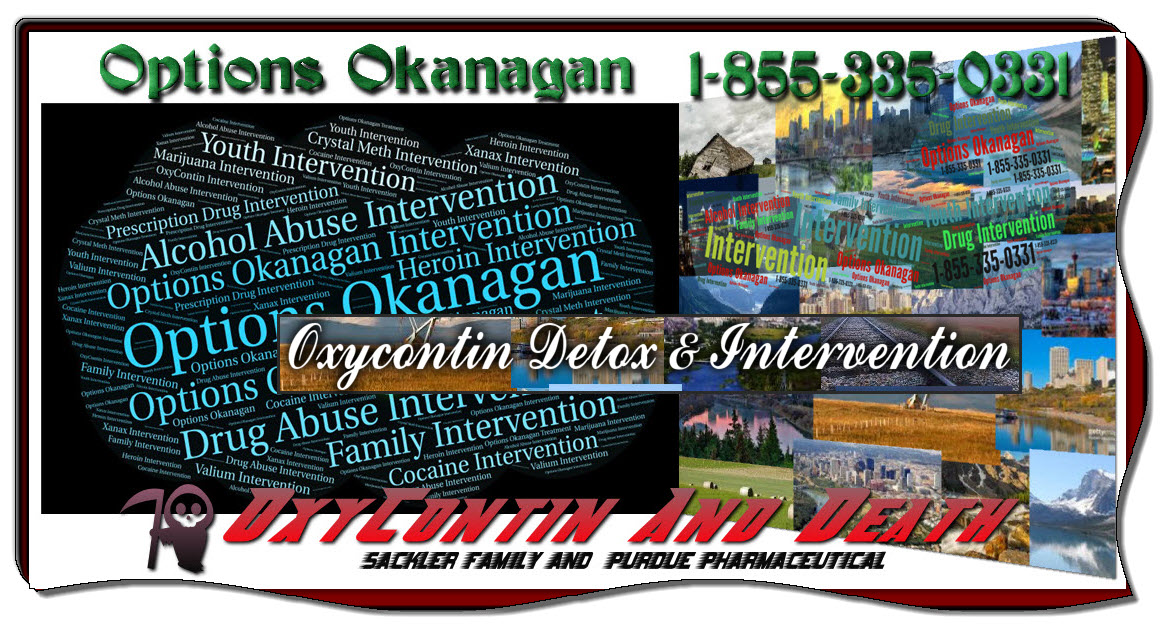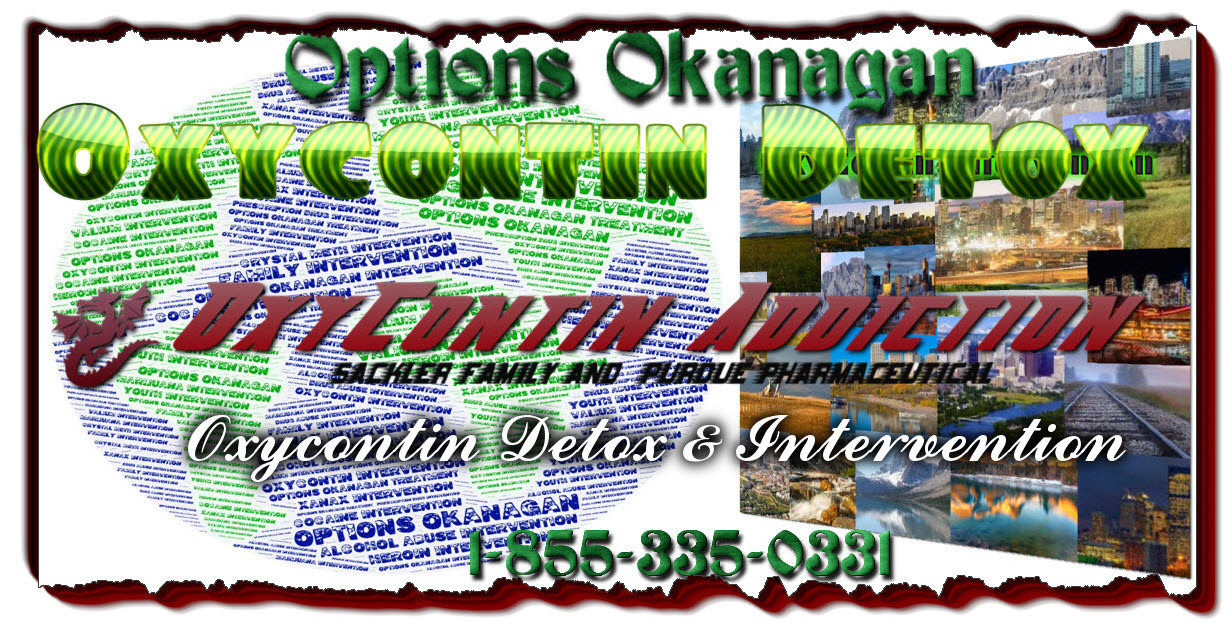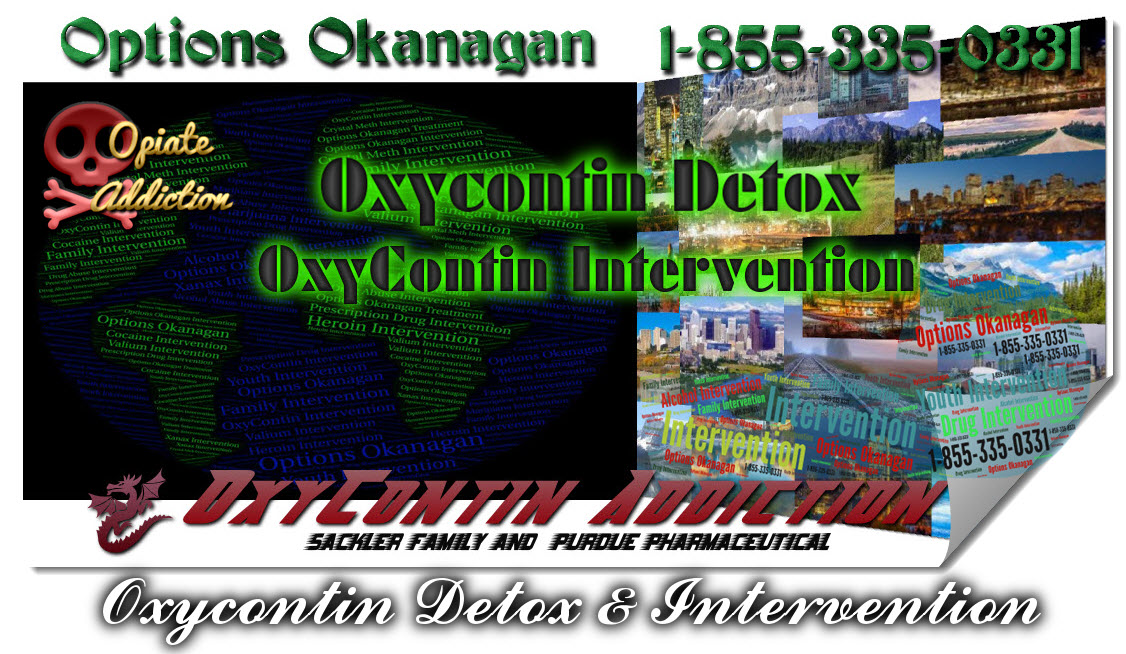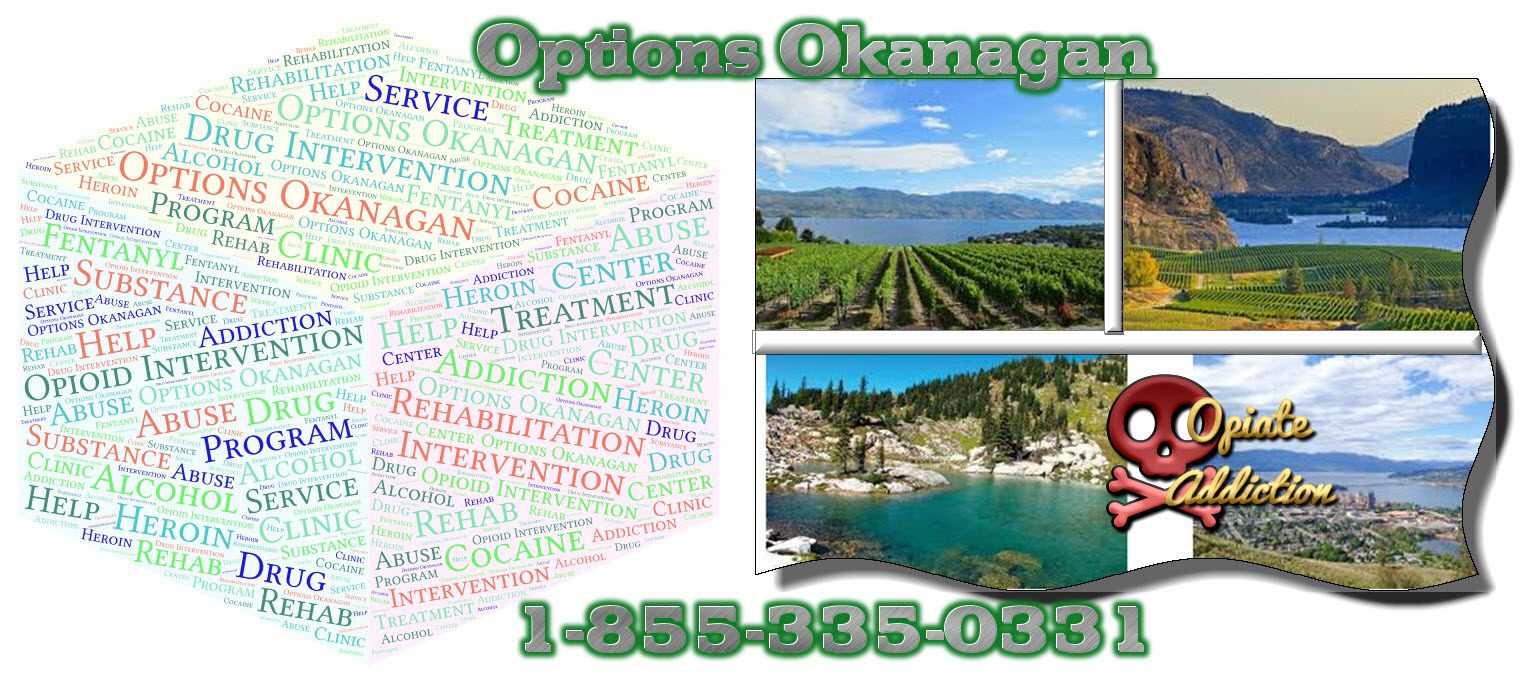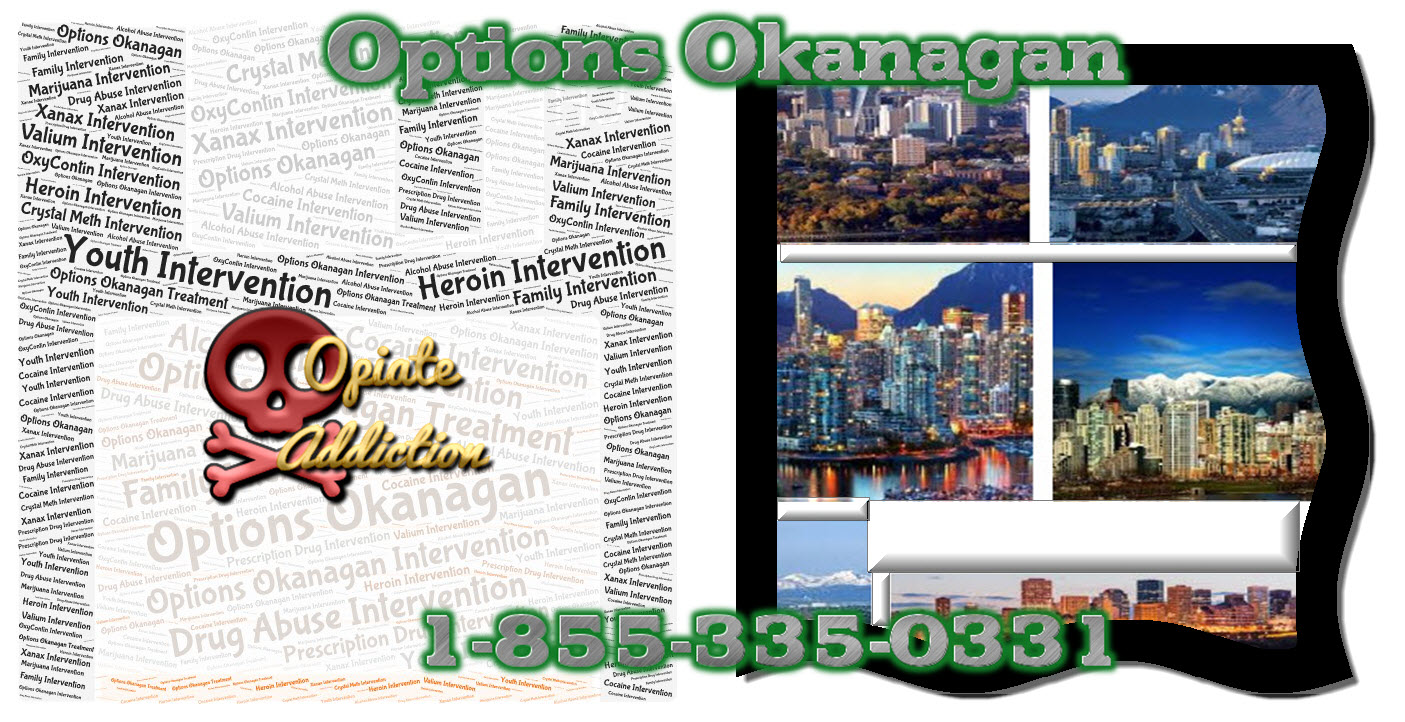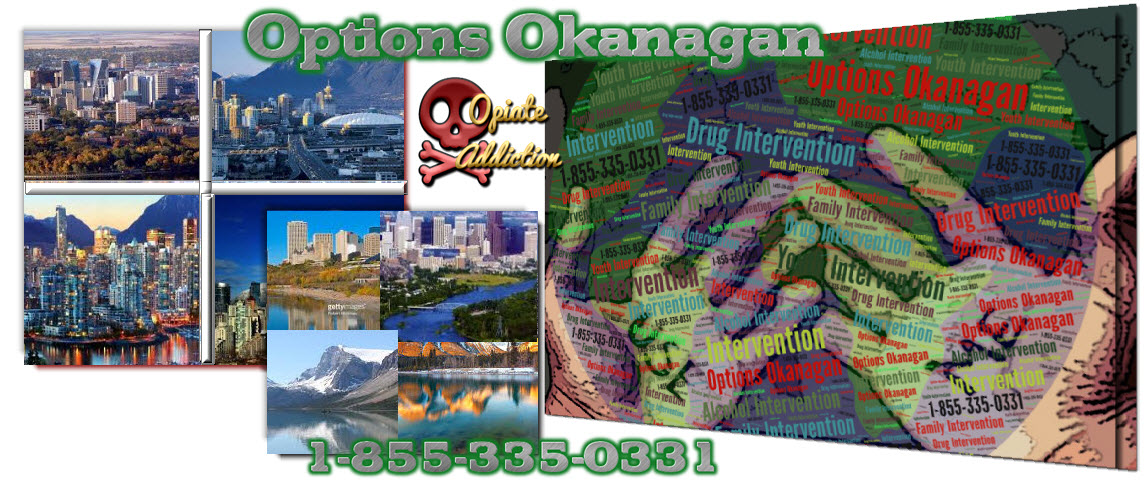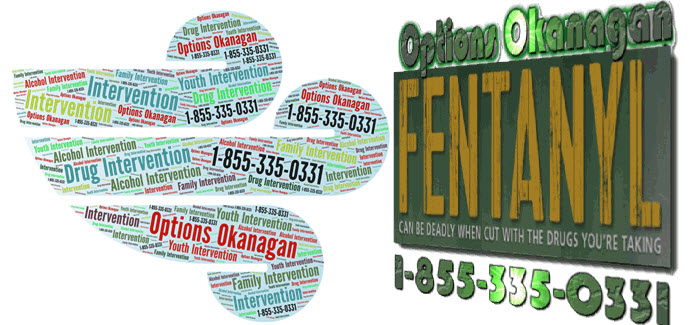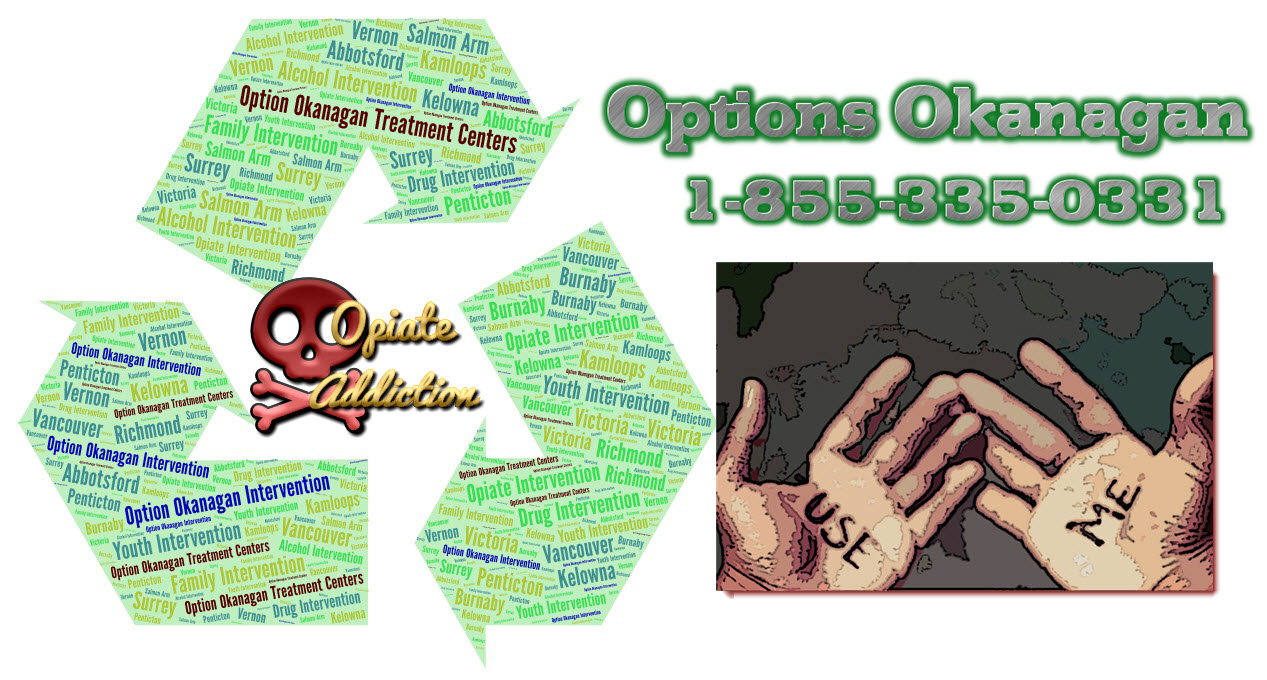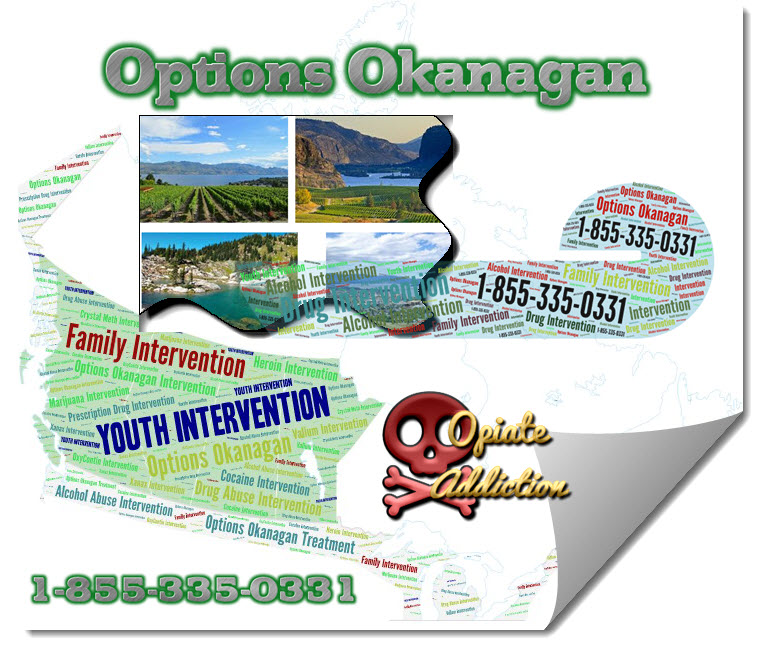How does drug opiate detox differ from rehab treatment in British Columbia and Alberta – Options Okanagan Treatment Centers in Kelowna, British Columbia treating drug, opiate, fentanyl, heroin and alcohol addiction and recovery.
Detox & Treatment in Alberta And BC
It can be quite confusing to seek help for a drug problem. The reason is because, in some instances, the terms “drug treatment” and “drug detox” are used interchangeably even though they don’t refer to the same thing.
So, what is the difference? Let’s take a look at what is included in both treatment and detox and shine a light on the challenges and benefits of each approach.
What Does Drug Detox Involve?
Detoxification or detox is the first step in drug treatment. Since it is the first step, some facilities may refer to it as treatment. However, using the terminology this way can create confusion.
Detox is where the addict’s body restores itself by eliminating the drug chemicals in his system. Medical assisted detox is ideal in many cases since it is a time when withdrawal symptoms are very likely. Such symptoms include worry, shakiness, sweating, trembling, nausea, and even hearing or seeing things that do not exist.
Medical professionals can offer helpful medications that aid the process of detoxification. For instance, in somebody uses an opiate such as heroin for an extended period, he or she may be prescribed methadone to help ease the withdrawal effects. Methadone interacts with the same chemicals as heroin in the body thus suppressing the withdrawal symptoms and providing relief to drug cravings. However, it is not for everybody, which means that the specific detox steps may vary from one individual to the next.
If the addict only goes to detox but fails to go on to the next step i.e. treatment, he/she is not ready to handle drug cravings. Relapse is thus more likely to happen, putting the addict at greater risk of drug overdose. Since the system is now clear of the chemicals of the drug, the tolerance level of the body has also changed. It means that in case the individual uses again, the effects will probably overwhelm the body. Comprehensive drug treatment helps educate individuals about avoiding relapse and building a long-term life in recovery.
What Happens During Treatment?
Drug treatment is where the addict learns how to live without drugs. Drug problems will be addressed head on, and in many cases, the underlying reasons for drug use will be also addressed and treated. Counseling or psychotherapy is one of the primary tools in a treatment program. Each addict talks with a therapist to explore their life history and envision their future goals.
A co-occurring issue may be involved in many cases, such as anxiety, depression, or another mental health condition. Dual diagnosis treatment is where the person receives comprehensive care for their body and mind too. Besides psychotherapy, group therapy is often used as part of treatment to form bonds with others facing similar situations and sharing their experiences in a safe place. Hope is found as each member shares and learns from each other. Art therapy may also be used for helping individuals express how they feel through painting, creative writing, or even songwriting.
Why Drug Detox and Treatment Work Best Together
If drug detox is combined with drug treatment, the entire process can care for all the aspects of a person’s life. At many facilities, both parts of the process can actually happen in the same location with the same caregivers.
If the processes are separated, there could be some time between drug detox and drug treatment. For a person early in their journey to recovery, the time immediately after detox is when drug cravings are usually quite strong. The person’s body craves the drug just to feel normal as well as make the uncomfortable symptoms go away. A break of just 1 day in the treatment journey may lead to relapse and perhaps even an overdose. It is due to these reasons that detox and treatment should be seamlessly connected.
Options Okanagan Opiate and Alcohol Treatment Centers in Kelowna, Salmon Arm and Vancouver, British Columbia – Men and Women are recovering and healing from Alcohol and Drug Abuse at our treatment center here in the Okanagan right now.
Our unique and distinctive Opiate Drug and Alcohol treatment program allows men and women to come in from Calgary as well as Edmonton as we offer airport pickup.
Numerous clients come to us from Vancouver, Calgary and Edmonton and other locations in Alberta and even other provinces for Opiate addiction treatment, heroin drug treatment, many other drug and alcohol addictions for rehabilitation because of the uniqueness of our treatment center.
Our Opiate Treatment Location:
Options Okanagan Drug and Opiate Treatment Center
551 Sherrydale Crescent, Kelowna, British Columbia, V1V 2E6
Toll Free Phone Number : 1-855-335-0331

